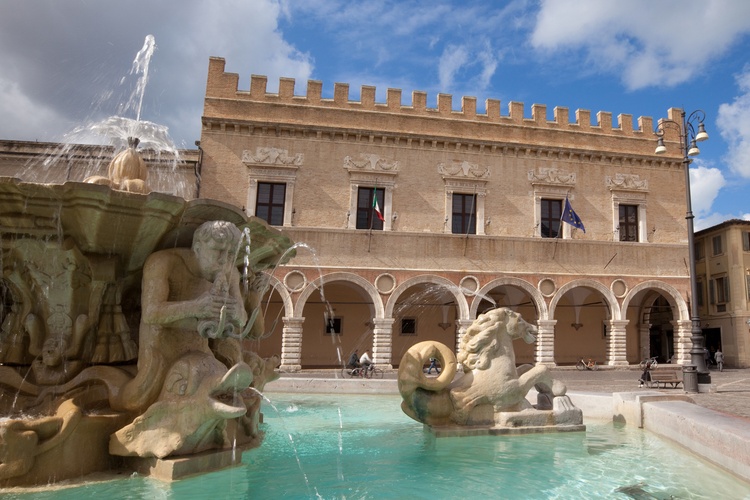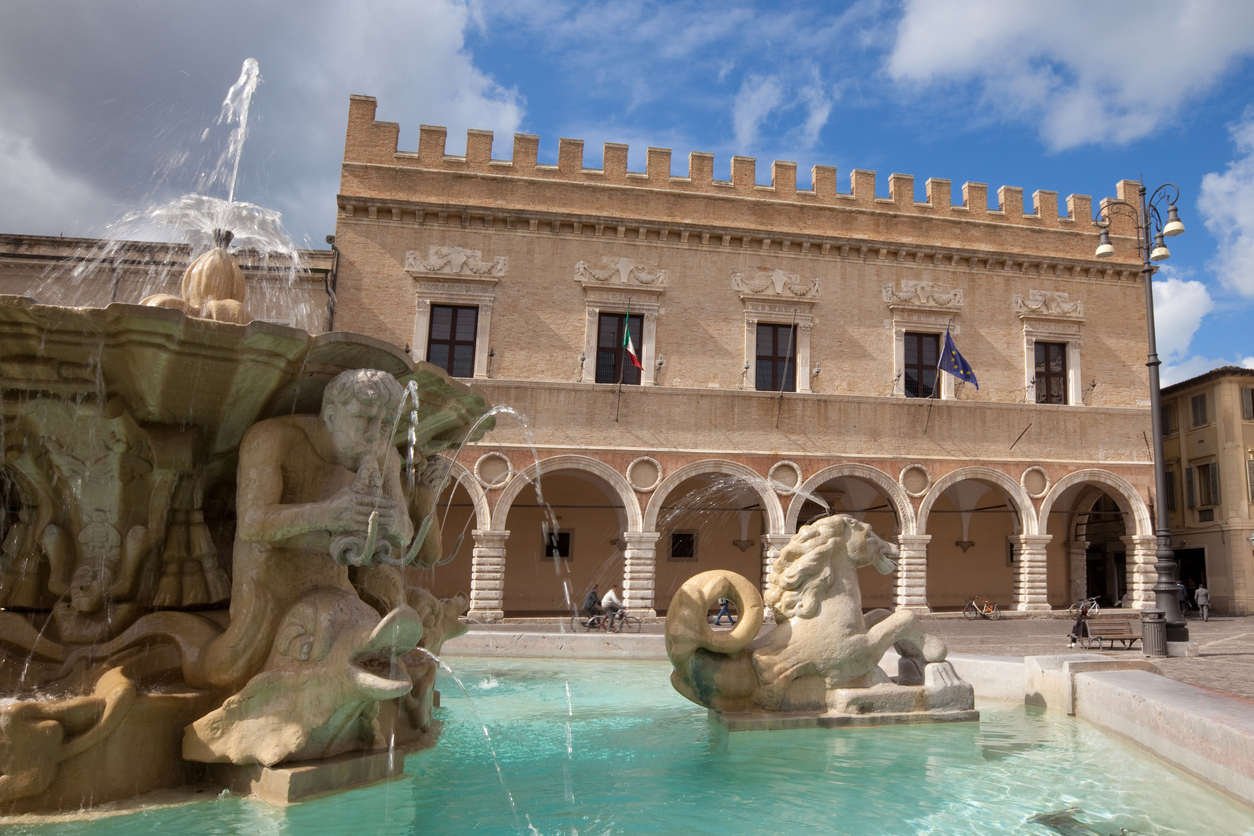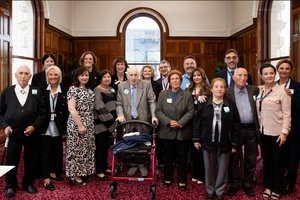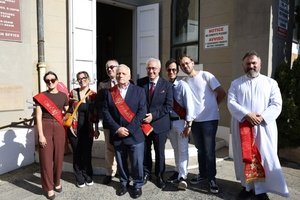Pesaro beat nine other finalists vying for the title: Ascoli Piceno (Le Marche), Chioggia (Veneto), Grosseto (Tuscany), Mesagne (Apulia), Sestri Levante/Tigullio (Liguria), Siracusa (Sicily), Paestum/Alto Cilento (Campania), Viareggio (Tuscany) and Vicenza (Veneto).
The town’s winning presentation, entitled La natura della cultura, won over the jury.
“Pesaro’s excellent bid is based on a cultural project which valorises a territory already extraordinarily rich in historic sites and natural treasures, and proposes concrete actions that favour integration, innovation, and social and economic development,” the jury said.
Pesaro Mayor Matteo Ricci dedicated the victory to the war-torn Ukrainian city of Kharkiv, describing it as “a UNESCO city of music like us”.
Located in the Italian region of Le Marche, Pesaro is the birthplace of composer Gioacchino Rossini and is famous for its opera festival.
The city’s best known sites include the 15th-century Ducal Palace and Rocca Costanza castle, as well as its Romanesque-Gothic Basilica, built between the fifth and 14th centuries.
This year’s Capital of Culture is Procida, the tiny island in the Gulf of Naples, while the title will be handed to Brescia and Bergamo in 2023 after the government bypassed the usual application process in 2020 in a “symbol of rebirth” for the two northern cities devastated by the COVID-19 pandemic.
In recent years, Italy’s Capital of Culture title was assigned jointly to the cities of Cagliari, Lecce, Perugia, Ravenna and Siena in 2015; Mantua in 2016; Pistoia in 2017; and Palermo in 2018.
The initiative skipped a year in 2019 when the city of Matera, in the southern Basilicata region, was named the European Capital of Culture.
Parma took the title in 2020 and held it for two years to compensate for the negative effects of the lockdowns induced by the COVID-19 pandemic.











